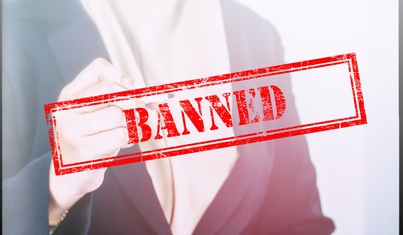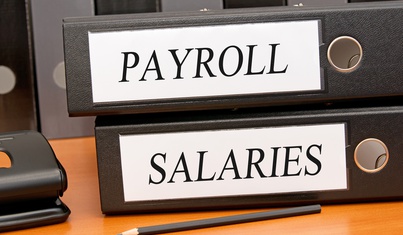Self Assessment is the process of determining how much tax an individual is required to pay. By identifying your income,whether it is from from self employment or other sources, you can then calculate what taxes may be due for payment to Her Majesty’s Revenue and Customs. You are required to complete a Self Assessment Return even if your business makes a loss.
Who has to complete a Self Assessment Return?
Generally everyone who is self employed or has any other sources of income, for example income from a rental property, trusts or investments, is required to complete a Self Assessment return each year. Also, if you receive Child Benefit and you or your partner’s taxable income is more than £50,000, you will also need to complete a Return.
Just because you have not been asked to complete a Return or haven’t received a Self Assessment Return to complete doesn’t mean you are exempt. The onus is on the individual to advise of such income and for them to file a return.
A Self Assessment Return, is required annually and relates to income for a 12 month period from the 6th April to the following 5th April, known as the tax year.
If you are not completing a Self Assessment Return already you will need to register with HMRC. Once you have registered you should receive a Unique Taxpayer Reference. Then in April or May each year you should receive a letter reminding you that you need to complete a tax return. If your affairs are relatively straight forward and you are comfortable completing your return then you may to decide to do it yourself.
Alternatively, if you feel less comfortable doing it, or your affairs are more complicated, then you may like the comfort and support of a tax adviser or accountant completing it on your behalf. The reassurance you get from a tax professional completing it for you is that they will ensure you only pay the
tax you need to and they will also ensure you claim all the allowable expenses and reliefs you can.
When do you have to complete a Self Assessment Return?
Basically there are two key dates for submitting your tax return.
If you wish to file a paper tax return then this needs to be completed and returned to HMRC by 31st October each year. So for the 2015/16 tax year (ended on 5 April 2016), the deadline for paper returns is midnight on 31st October 2016.
If you wish to file your tax return online then you have until the 31st January each year to do this. So for the 2015/16 tax year, the deadline for online returns is midnight on 31st January 2017.
If you fail to complete and submit a self assessment return when you should have or you are late in filing then the HMRC levy severe financial penalties and interest. You may also find that HMRC, in the absence of your return, calculate the tax they feel is due and then issue you with a tax demand to pay, which will include interest and penalties for late payment and for not filing a return, but also significantly overstate your income.
When will you have to pay any tax due?
You will be required to pay by 31st January any tax due, relating to the previous tax year so for the tax year ended 5 April 2016, the tax is due by 31 January 2017.
You may also be required to pay the first of two 'payments on account' on this date.
Payments on account are part payments towards your next tax bill, and are broadly based on the tax liability for the previous tax year. You don't always have to pay these - it'll depend on the amount of tax due and the kind of income you receive. HMRC will usually send you a 'Self Assessment Statement' that shows how much you owe or alternatively you can check your tax bill online.
The 31 July is your deadline for making the second payment on account. For example, payments on account for the 2015/16 tax year were due on 31 January 2016 and 31st July 2016, and will be based on your tax liability for the year to 5 April 2015. If your income will reduce it is possible to also reduce the payments on account although care needs to be taken as interest may arise.
Hints and tips on making Self Assessment less taxing...
- Keep your accounts and financial records up to date
- Prepare accounts for your business, which should detail your profit or loss and be used to determine any tax due
- Ensure you know what expenses relate to your business and have records and receipts for these
- Keep all receipts, invoices and details of your income so you can support your accounts and tax calculations
- Don’t leave it until the 11th hour to complete your return or to ask your accountant to do it for you
- You can complete a return as soon as you have all the information following the 5th April each tax year. Early completion can help ensure you claim all the tax reliefs and gives you more time to plan for the tax payment.
- If you have tax to pay, put aside the money, so you can avoid not being able to pay your tax bill. It is a good idea to work out how much you think it may be and to set aside, ideally in a separate bank or building society account, the cash to pay the tax demand when it is due.
Finally, perhaps the best advice is to seek guidance to ensure your affairs are in order from the start so that there are going to be no nasty surprises.
For more information please email tax@streetsweb.co.uk


